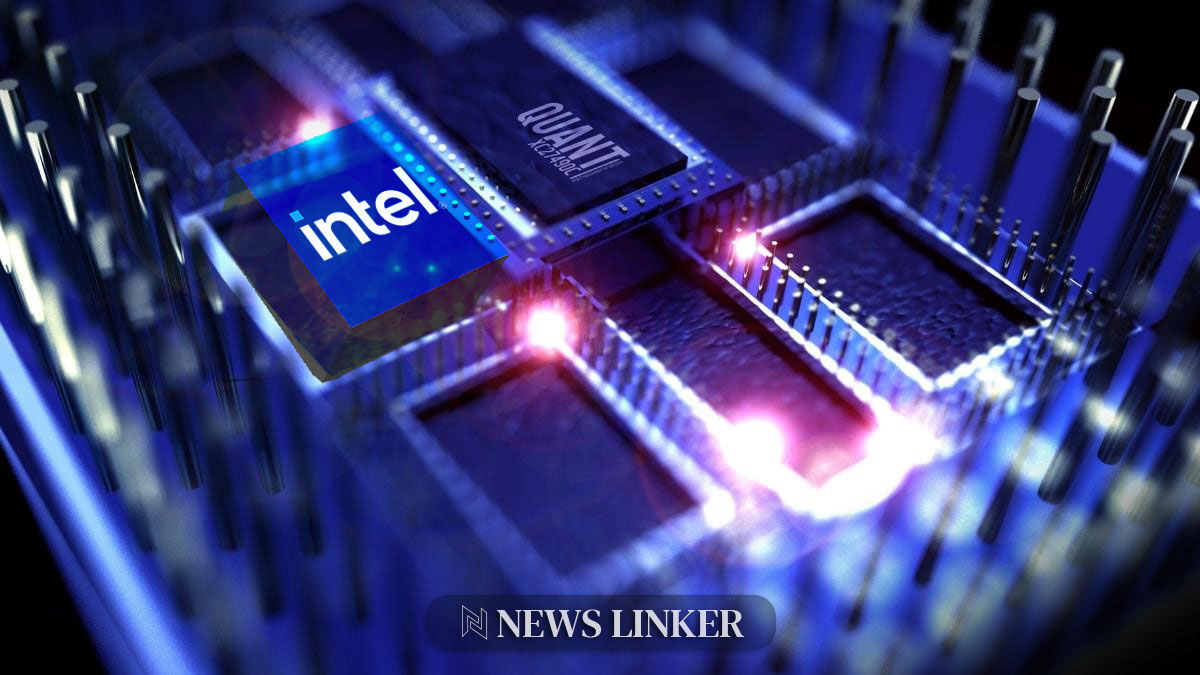In a digital age where gaming performance is paramount, enthusiasts armed with Intel‘s latest Core i9-14900K and 13900K processors are facing an unexpected hurdle. A persistent ‘out of video memory’ error is causing disruptions and frustration, casting a shadow over what should be a seamless gaming experience. This disturbance is not just a fleeting glitch but a recurring issue that seems to be linked with the high-end hardware, affecting users across various gaming platforms and titles.
The journey of Intel’s Core i9-14900K and 13900K processors has been marked by anticipation and excitement from the PC gaming community. Marketed for their hyper-threading capabilities and robust performance, the processors promised to elevate gaming to new heights. However, since their release, a number of users have reported issues that appear to be at odds with the processors’ high-grade specifications. Reports suggest the errors are not isolated incidents but part of a broader pattern that has emerged over time, reflecting a discord between hardware capabilities and real-world performance.
Investigating the Memory Error Epidemic
The issue at hand revolves around an error message indicating insufficient video memory, which leads to game crashes or severe performance degradation. This problem particularly affects gamers who push their systems to the limits with resource-intensive games. The error persists despite users having ample video memory, suggesting a deeper compatibility or resource allocation issue within the system architecture.
Broader Implications on Gaming Performance
The implication of such errors transcends mere inconvenience and poses serious questions about the compatibility of leading-edge processors with existing gaming ecosystems. As users look for stability and reliability in their gaming rigs, such glitches could dissuade potential buyers from opting for what is perceived to be cutting-edge technology. It underscores the importance of comprehensive testing and optimization before such products hit the market.
In the context of this developing issue, insights from other sources contribute to the broader understanding of high-end processor performance. An article from “The Verge” titled “New Intel chips face criticism over performance issues” delves into the performance inconsistencies of similar processors under various workloads. Meanwhile, “AnandTech” in their piece “Intel’s Latest CPUs Tested: Troubleshooting Tips” offers troubleshooting advice for users who are experiencing technical difficulties, highlighting the fact that even top-tier hardware can have teething problems.
User-Centric Analysis and Advice
Further examinations of the issue reveal that while the errors are prevalent, they are not universal, pointing to potential solutions and workarounds for affected users. These findings offer a glimmer of hope for those seeking to get the most out of their high-end gaming setups.
Useful information for the reader:
- Ensuring BIOS and drivers are up-to-date may mitigate issues.
- Monitoring system resource allocation could provide insights into error triggers.
- Engaging with user communities may offer practical workarounds.
The ‘out of video memory’ error that plagues users of Intel’s i9-14900K and 13900K processors is a stark reminder that even the most advanced technology can be susceptible to unexpected complications. This phenomenon has prompted a closer look into system compatibility and optimization, highlighting the need for ongoing software and firmware updates. While the exact cause remains to be conclusively determined, users are advised to keep their systems updated and to seek collective wisdom from the gaming community for potential fixes. The situation underscores the importance of a balanced and well-tested hardware ecosystem, where components are not just powerful on paper but also harmonious in real-world applications.










